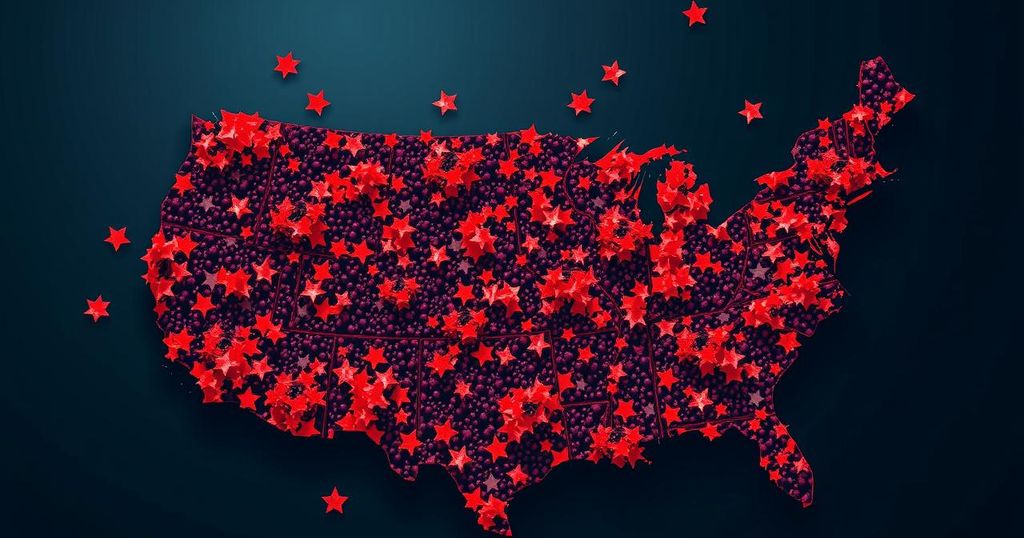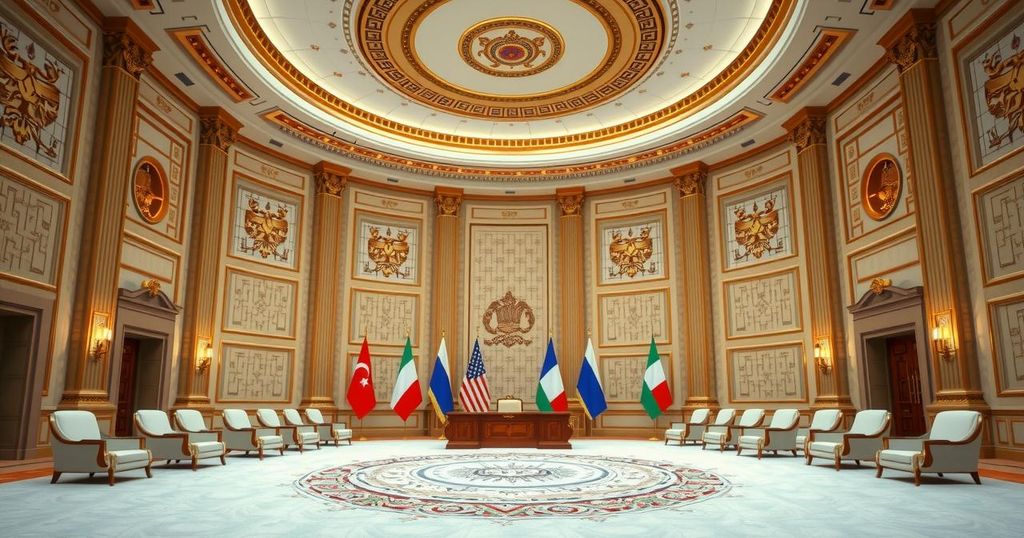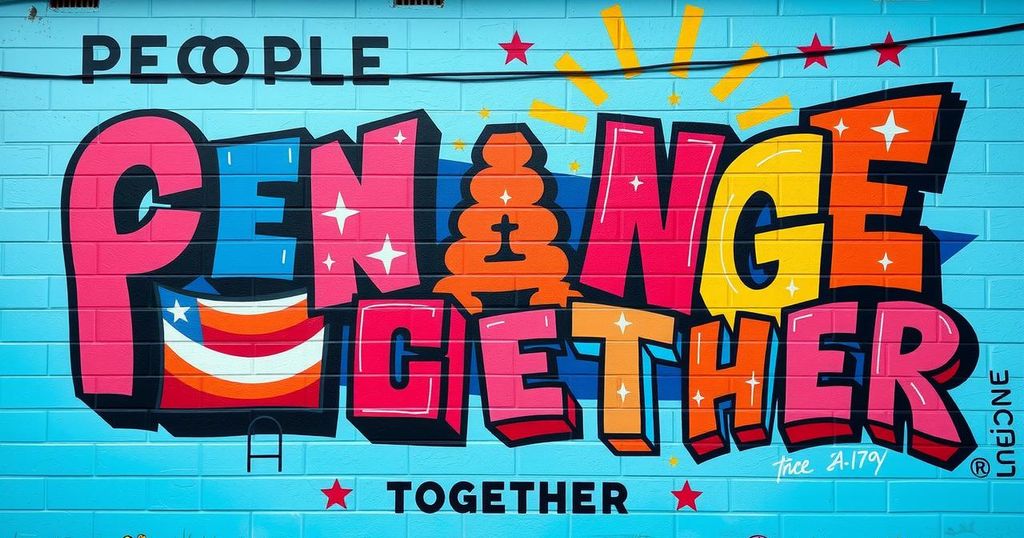Why Is the U.S. Presidential Election Held on a Tuesday in November?
The US presidential election occurs on the first Tuesday after the first Monday in November, a practice established in 1845 to standardize voting across states. This timing reflects historical agricultural practices, ensuring that farmers could participate without conflicting with crucial farming seasons, travel considerations, or local market days. The selection of November and a Tuesday was thus a pragmatic approach to enhance voter participation and maintain electoral integrity.
The United States observes its presidential elections on the first Tuesday after the first Monday in November, a practice that has historical roots dating back to the mid-1800s. This unique timing sets US elections apart from those in many other countries, where polling may occur on different days of the week or even across extended periods due to logistical necessities. Prior to 1845, American states had the liberty to choose their own election dates, leading to a disjointed voting process that spanned from early November to early December. This variability raised concerns among critics about the potential influence of early results on voters in subsequent elections, further complicating an already intricate electoral process. To address these concerns, Congress enacted a uniform voting date in 1845, establishing that elections for the president and vice president would occur on the specified Tuesday. The choice of November was strategic, aimed at accommodating an agricultural society still dominated by farming practices. November was deliberately selected as it does not conflict with the busy spring planting season or the critical autumn harvest, allowing farmers to participate without interrupting their essential agricultural responsibilities. Furthermore, many citizens resided in rural areas, often requiring extensive travel to reach polling places, thereby necessitating a voting day that supported logistical feasibility. The selection of Tuesday also resulted from eliminating other days of the week based on prevailing social practices. Sundays were deemed unsuitable due to religious observances while Wednesdays were typically reserved for market activities. Additionally, Mondays and Thursdays were similarly excluded for the same reasons of being impractical for travel and voting. Therefore, Tuesday emerged as the most accommodating day for this crucial civic duty. This historical context highlights how the legislative decisions regarding Election Day not only reflect the societal values of early America but also prioritize the ability of citizens to engage in democratic processes without undue hardship. As such, millions of Americans prepare every four years to uphold this longstanding tradition, participating in a system designed to ensure fairness and accessibility in the electoral process.
The establishment of a uniform election date in the United States stems from historical practices surrounding agriculture and the social structure of early American society. With the majority of the population engaged in farming and varying local customs dictating individual election dates, a standardized day was deemed necessary to mitigate potential biases and ensure that all citizens could vote without being placed at a disadvantage based on when their state chose to hold elections. The decision to hold elections on the first Tuesday following the first Monday of November was therefore a reflection of the agrarian calendar and community practices prevalent in the 19th century. By choosing a day that avoided the busy agricultural months and market days, Congress sought to facilitate participation in the electoral process for all citizens, particularly those in rural areas.
In conclusion, the tradition of holding US presidential elections on the first Tuesday after the first Monday in November has its origins in historical practices influenced by agriculture and the social dynamics of early America. The legislation passed by Congress to standardize the election date aimed to ensure fairness and accessibility, allowing citizens, especially farmers, sufficient time to travel and participate in this fundamental aspect of democracy. As Americans head to the polls, they are partaking in a longstanding tradition that reflects the country’s commitment to facilitating civic engagement.
Original Source: www.aljazeera.com




Post Comment